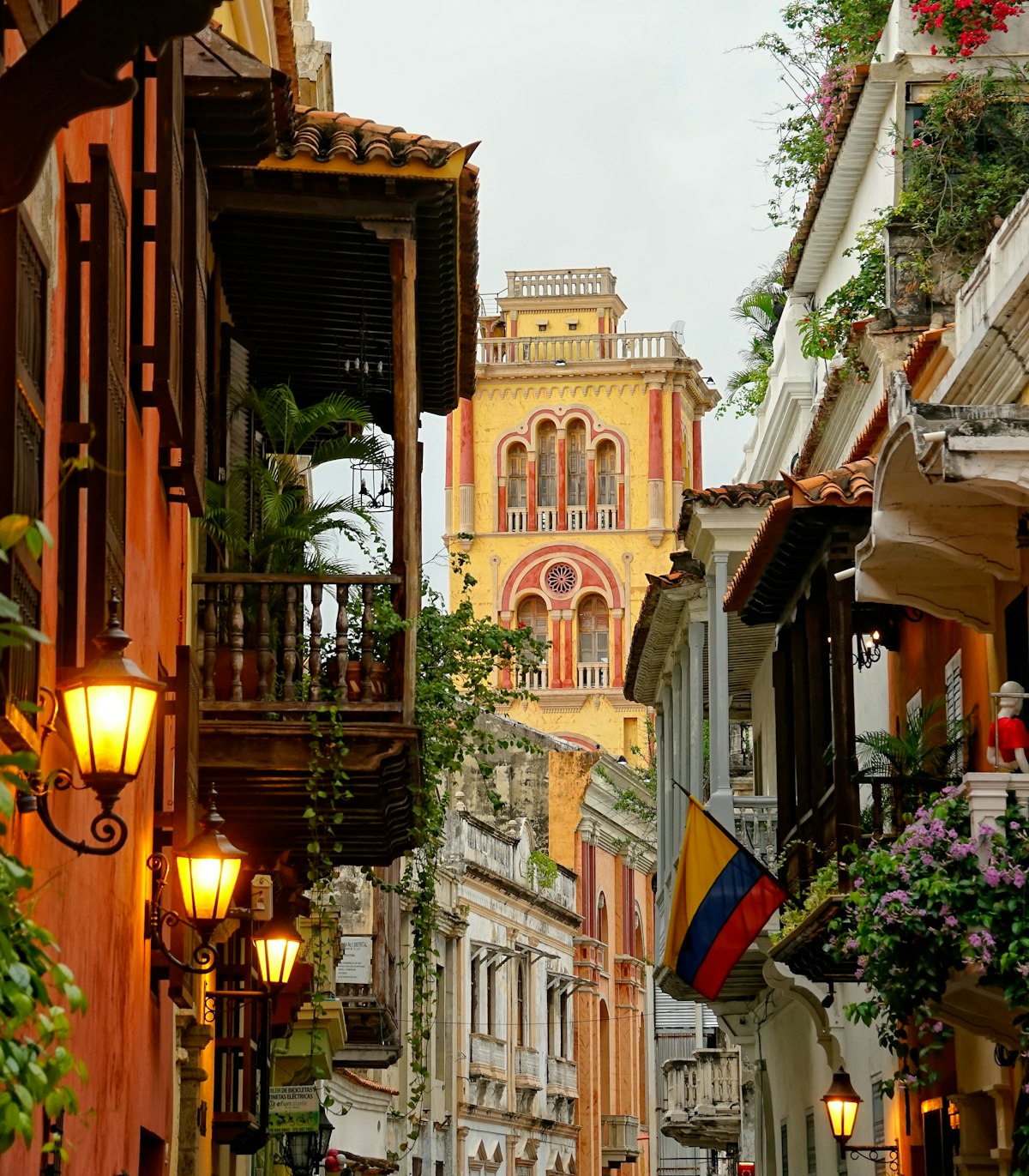On the Philippines’ Bonifacio Day, His Excellency President Gustavo Petro of Colombia stated,
Como puede haber un uso de bitcoin en manos de cooperativas de trabajo libre asociado en la economía popular
The president was alluding to the fact that they are looking into how there can be a use of bitcoin in the hands of cooperatives of free associated work in the popular economy.
He is the first ever world leader to make such connection! This is an exciting development consider our foundational focus on this:

First, Happy Bonifacio Day!
Andres Bonifacio is significant because he was one of the main leaders and founders of the Katipunan, a secret society that initiated the Philippine Revolution of 1896 against the Spanish colonial rule.
He is considered as the father of the first nationalist revolution in Asia and one of the national heroes of the Philippines. He advocated for complete independence from Spain, unlike other reformists who wanted gradual changes.
He also organized and mobilized the masses, especially the workers and peasants, to fight for their freedom and rights. He established the Haring Bayang Katagalugan (Sovereign Tagalog Nation), a revolutionary government that aimed to unite the Filipino people under one banner. He also wrote and signed the Kartilya ng Katipunan (Primer of the Katipunan), a set of ethical and moral guidelines for the members of the Katipunan.
He was a self-educated and courageous leader who sacrificed his life for the cause of Philippine independence.
November 30 is Bonifacio’s birthday. Bonifacio was born on November 30, 1863 in Tondo, Manila. He died on May 10, 1897 in Maragondon, Cavite. He was executed by the order of Emilio Aguinaldo, who was the president of the Tejeros Revolutionary Government that Bonifacio rejected. Bonifacio was accused of sedition and treason against Aguinaldo’s government, and was sentenced to death by a military court. He was shot by a firing squad in the mountains of Maragondon, along with his brother Procopio.
His death was a tragic result of the internal conflict — a curse that seemed never to have left Philippine politics ever since — among the Filipino revolutionaries who fought against the Spanish colonial rule.
How Bitcoin Can Empower Cooperatives in Colombia
Colombia is a country with a vibrant and diverse cooperative movement, with over 4,000 cooperatives and 6 million members across various sectors of the economy. Cooperatives are organizations that are owned and controlled by their members, who share common economic, social, or cultural goals.
Cooperatives can also be seen as a form of free associated work, which is a type of independent work that is based on the voluntary and autonomous association of workers who share common values and interests. Free associated work is often characterized by self-management, cooperation, solidarity, and mutual aid.
However, cooperatives and free associated work also face many challenges and difficulties in Colombia, such as lack of access to financial services, high transaction costs, regulatory uncertainty, and social exclusion.
These challenges can limit the growth and impact of cooperatives and free associated work in the popular economy, which is the term that refers to the economic activities of the poor and marginalized sectors of society, such as street vendors, waste pickers, artisans, and small-scale producers. The popular economy is often driven by the needs of survival, social inclusion, and empowerment.
This is where bitcoin can come in handy.
Bitcoin is a decentralized digital currency that operates on a peer-to-peer network of computers, without the need for intermediaries or central authorities. Bitcoin can offer cooperatives and free associated work a way to access financial services, reduce transaction costs, and increase their autonomy and sovereignty.
Bitcoin can also help them to connect with other cooperatives and social movements around the world, creating a network of solidarity and mutual support.
Does that not sound familiar?! Where have you heard that before! Hmmm.
How can cooperatives and free associated work use bitcoin in Colombia? Here are some possible ways:
- Use bitcoin as a medium of exchange, a store of value, or a unit of account. Bitcoin can be used to buy and sell goods and services, to save and invest, or to measure and compare value. Bitcoin can also be used in combination with fiat currencies depending on the needs and preferences of each cooperative or free associated work group.
- Use bitcoin wallets or payment platforms. Bitcoin wallets are software applications that allow users to store, send, and receive bitcoins. Bitcoin payment platforms are services that allow users to accept and process bitcoin payments. There are many options available for each of these categories, with different features, fees, and security levels. Some examples are: Buda.com, LocalBitcoins, Bitso, Bitrefill, and OpenNode.
- Use bitcoin on-chain, off-chain, or through intermediaries. Bitcoin on-chain transactions are those that are recorded and verified on the public ledger of the bitcoin network, called the blockchain. Bitcoin off-chain transactions are those that are performed outside the blockchain, using alternative technologies such as the Lightning Network, which is a second-layer solution that enables fast and cheap bitcoin transactions. Bitcoin transactions through intermediaries are those that involve third parties that facilitate or guarantee the exchange of bitcoins, such as escrow services, custodial services, or smart contracts.
Bitcoin can be a powerful tool for cooperatives and free associated work in Colombia, but it also requires some knowledge, skills, and resources to use it effectively.
Therefore, it is important to educate and train cooperatives and free associated work members on how to use bitcoin safely and responsibly, and to provide them with the necessary infrastructure, support, and guidance.
It is also important to promote and advocate for the recognition and regulation of bitcoin in Colombia, and to create a favorable and inclusive environment for their development and adoption.
Bitcoin can be a catalyst for the transformation and empowerment of cooperatives and free associated work in the popular economy in Colombia, and for the creation of a more democratic, equitable, and sustainable society.
If you are interested in learning more about how to use bitcoin in the hands of cooperatives and free associated work in Colombia, you can check out the following pioneering work on this subject:
- Co-operatives as Labs for Lightning, an article by Lyman Manzanares, the founder of Lightning.coop and The Co-operative Exchange, where he presents 21 theses on why cooperatives and bitcoin are perfect for each other and how Lightning can instantly connect coops in Colombia and around the world.
- Elevating member services thru Lightning, an article which explains how the Lightning Network can benefit cooperatives in the Philippines by providing instant, low-cost, flexible, inclusive, secure, and transparent transactions.



